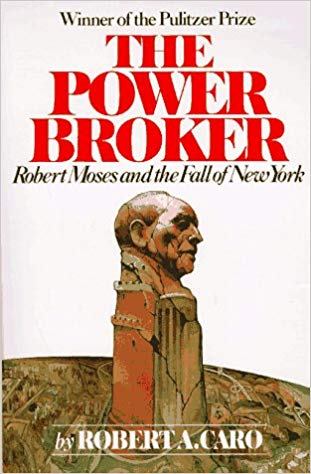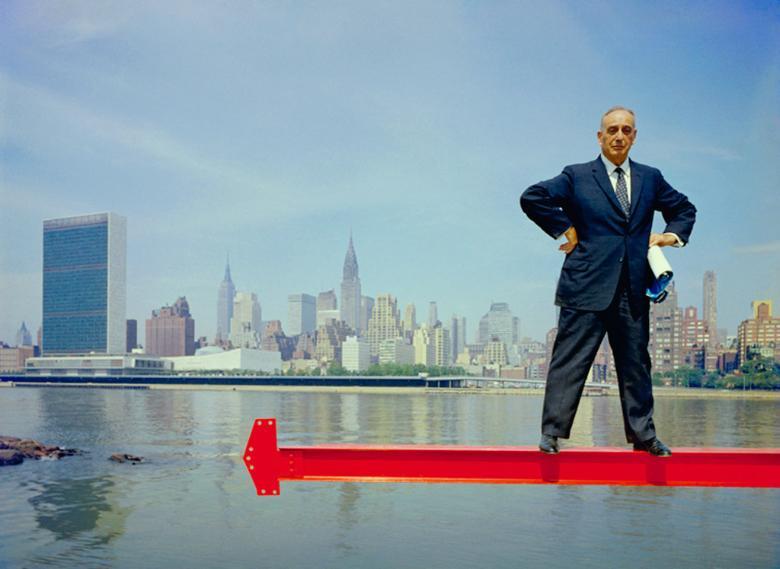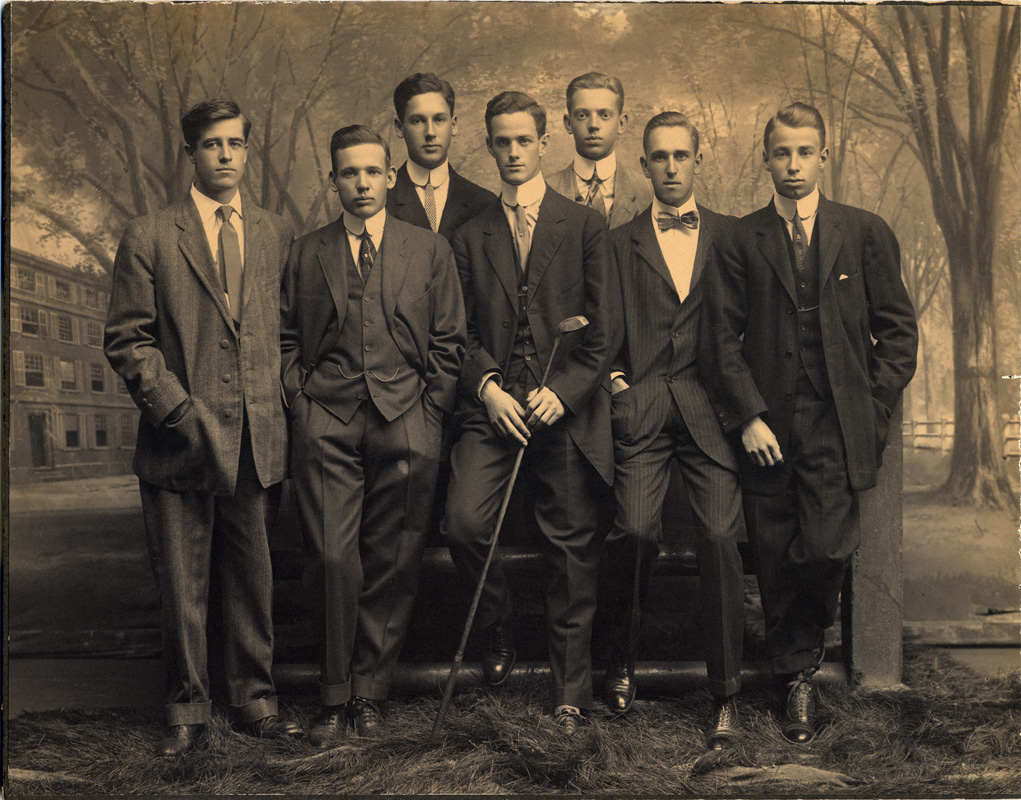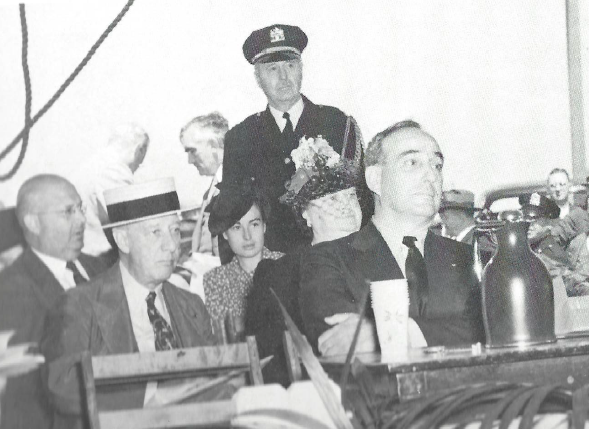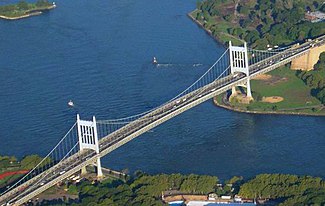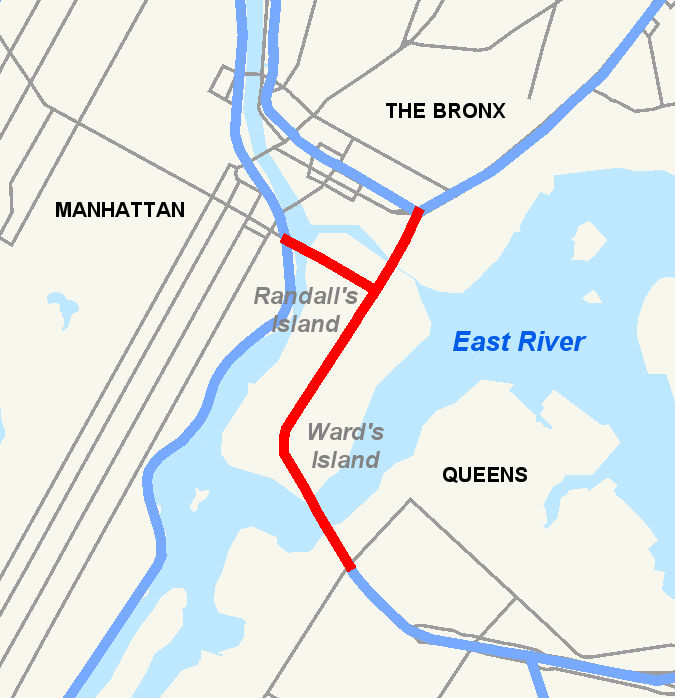Chapter 26 – Two Brothers
One person who was not impressed by Robert Moses’s success was his brother, Paul Moses. Paul always claimed that Robert had cheated him out of his inheritance. Robert’s slightly older brother shared his personality. There were however differences in their idealism. Paul, unlike his brother, wanted class distinctions eliminated, especially with regards to the black community. He was much more interested in common people. He would also disagree with his mother, unlike Robert.
One difference looms largest of all. Paul never went into public service. He had a job offer as a consulting engineer, but it was vetoed by Al Smith. Paul always suspected that his brother was involved. Previous to 1930, relations between the two had been friendly, but when Paul irrevocably fell out with his mother and was effectively left out of her will, the relationship changed. At the age of 43, Paul had nothing. He was also alienated by the rest of his family and would never be able to figure out why this had happened, but he would always suspect Robert’s involvement.
Whether Robert had any part in denying Paul his share of the will is unclear, but Robert’s part in denying Paul a job in public service is undeniable. It was clear to contemporary observers that Robert advised La Guardia not to employ Paul. Paul was able to secure temporary jobs but permanent positions were denied him. By 1938 he could not find anybody to employ him at all and his investment in a swimming pool complex was using all the savings he had. He became encircled by a net of debts and he was receiving next nothing from his trust fund.
His appearance changed, as did his spirit, becoming bitter and frustrated. Robert was refusing to talk to him. When Paul found out that Robert was asking to be paid for being a trustee of the funds from which Paul was receiving little or no money, Paul’s frustration turned to rage. Paul hired an attorney to challenge the operations of the trust. However, Robert arranged that the case was to be heard by a judge more favourable to himself. The case went against Paul. Paul’s feeling of injustice became an obsession. Paul turned every conversation into an assault on his brother.
During 1942, Paul became an engineer in the Navy, which rehabilitated him somewhat. After the war however, his difficulty in obtaining work resumed. Although his brother was hiring a multitude of engineers, no offer came Paul’s way. Paul lived the last ten years of his life in poverty. Paul died in 1967.
Robert’s attitude to his sister, his father and his mother in later life was similarly disparaging. He also cut off relations with his wider family. His only close family relationship was with his wife, Mary and his two children. People remarked how different Moses was at home. Mary mothered him, looking after his money and the family bills. She was hostess for his luncheons; a witty and successful one. She was Robert’s respected confidant and advisor.
As Robert gained success however, he became louder and Mary became quieter. The brighter he shone, the more Mary disappeared into the shadows. Robert still spent as much time with Mary, but she had begun to drink. She was hospitalised with alcohol and nervous problems as was to remain in the shadows.
Analysis & Key Takeaways
- Brother’s undermining each other is a bit weird. Accidents can be cascaded. Paul Moses was not able to get permanent work at the city because his brother undermined him. Was there something about Paul Moses that justified Robert Moses’ choices? Was Paul a drunk or something?
- Moses is working to delay the projects that he could not be in control of. And destroyed the projects he could not control…
- Moses was not shy about circumventing the mayor. Moses was shut out of the housing projects as retaliation;
- Moses developed a habit of taking small institutions and turning them into a great sources of power.
